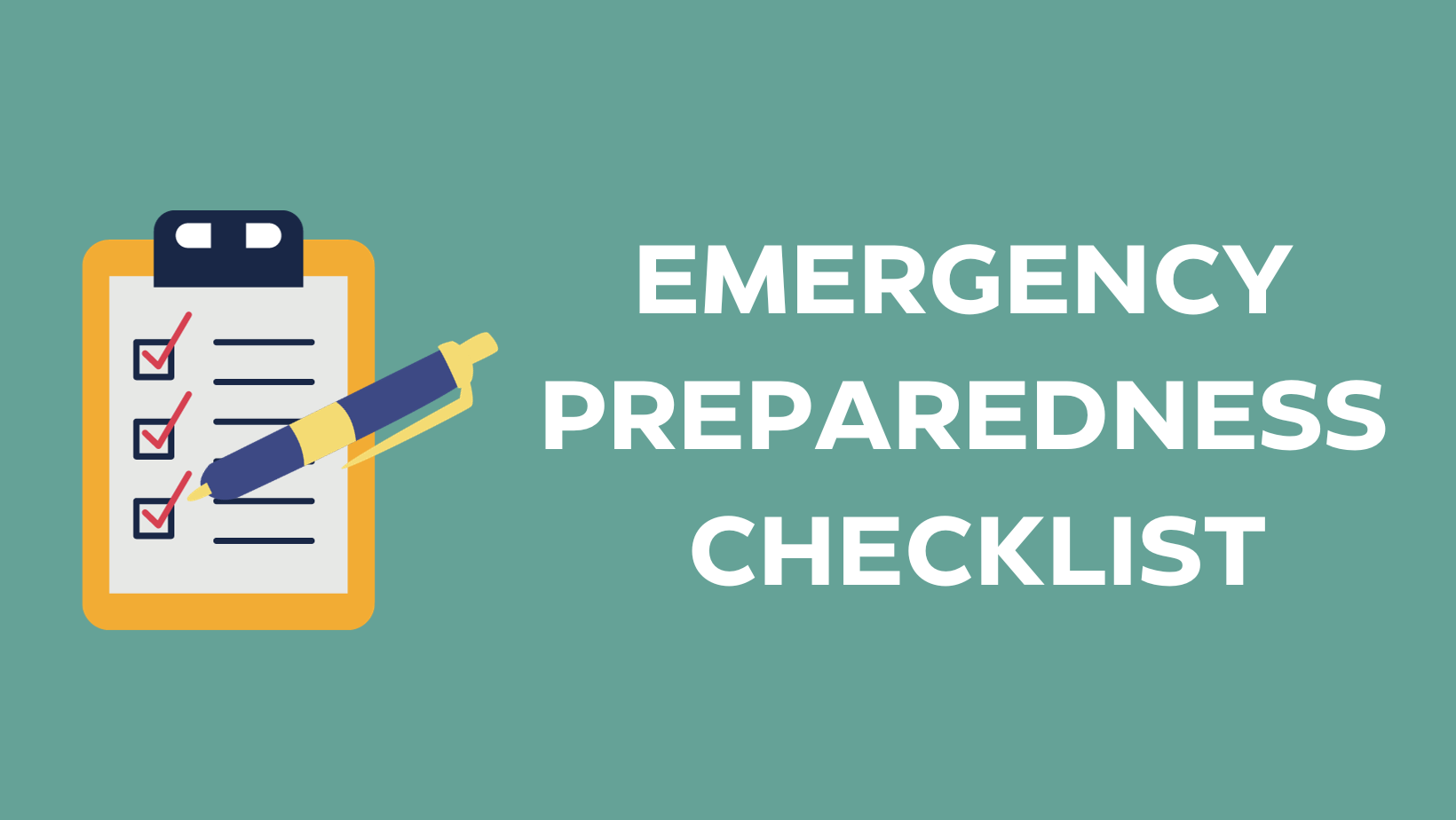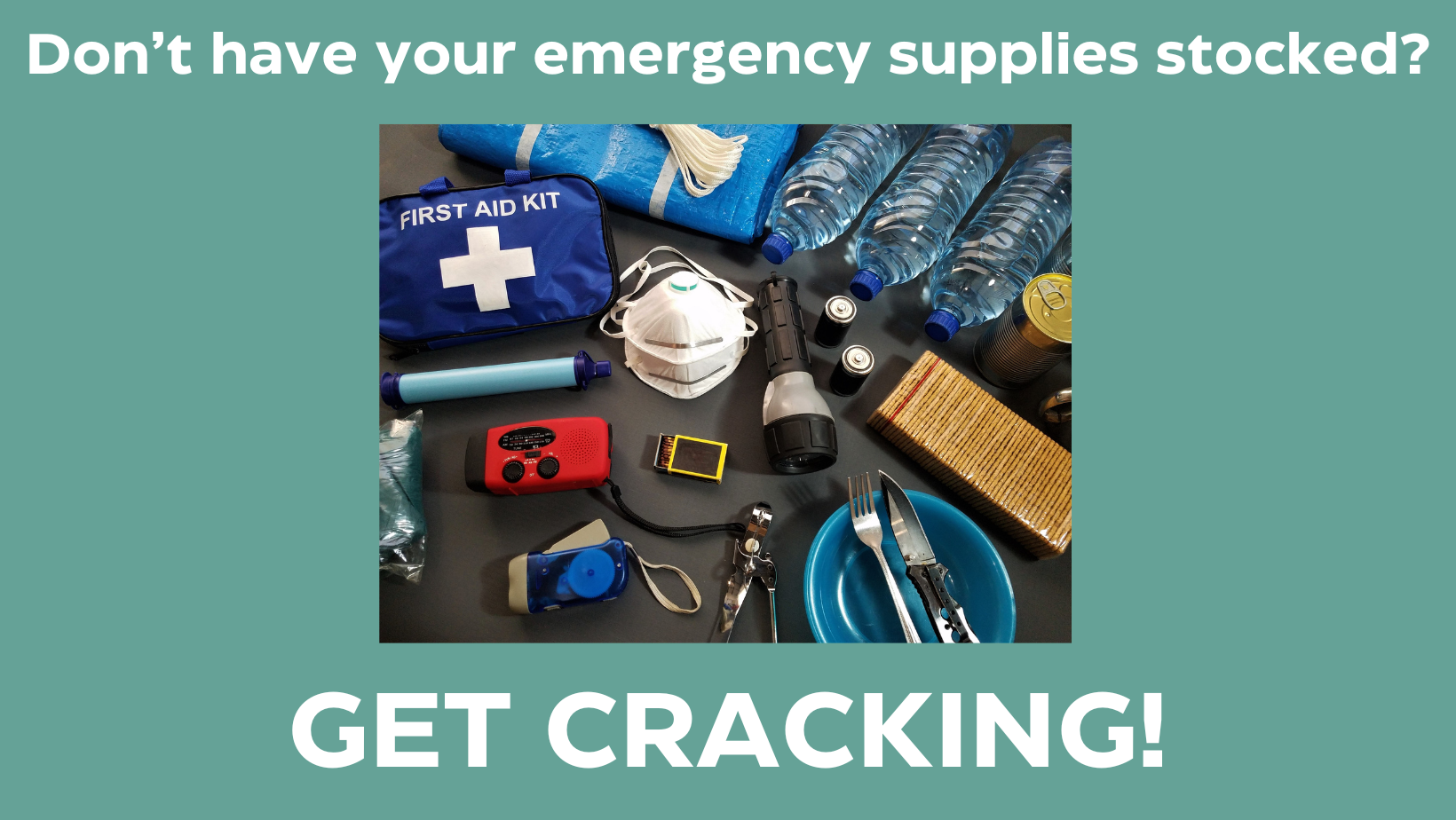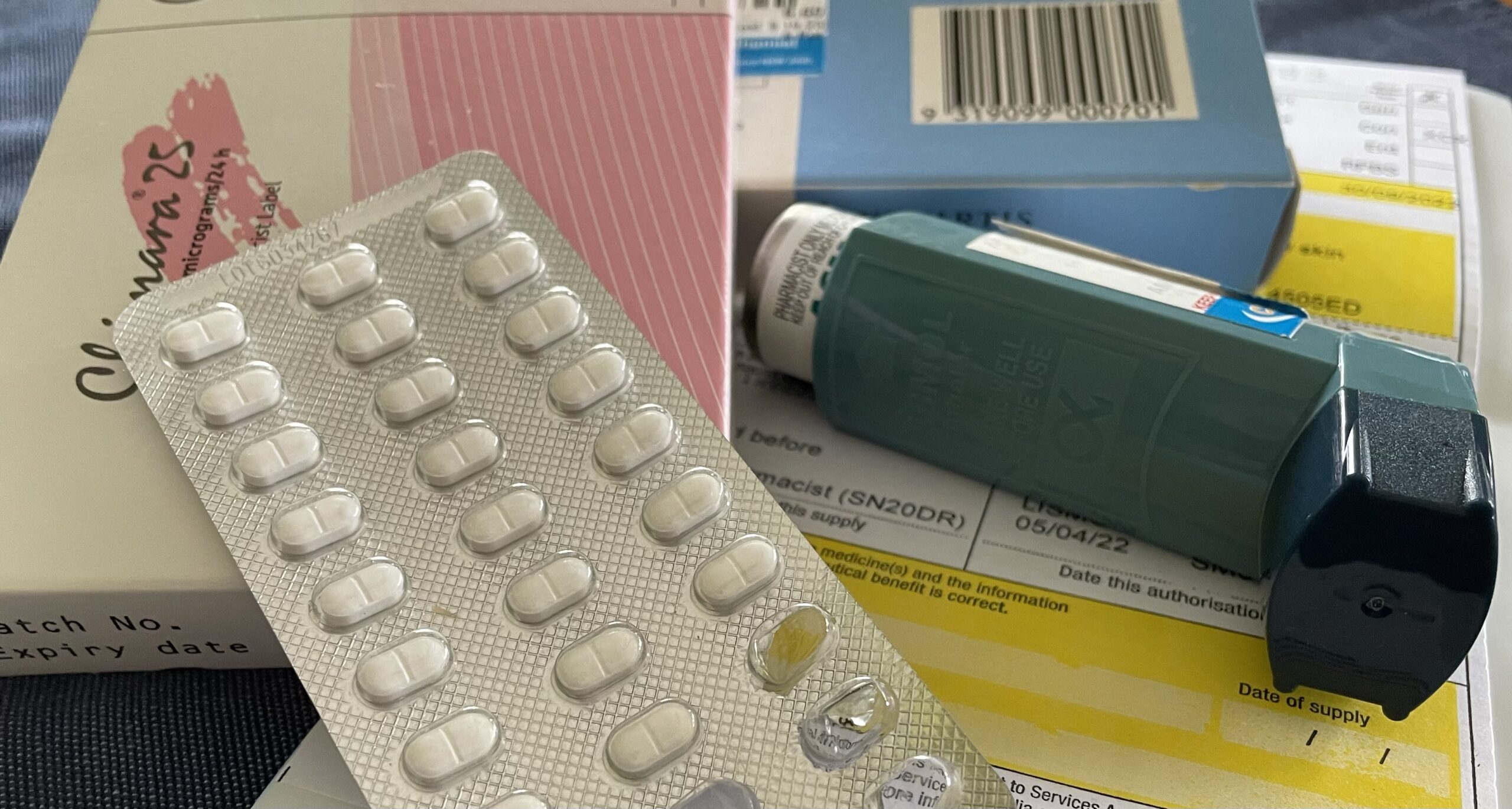Resilient Households

Your Resilient Household Is Ready, Isn’t It?
The reality is that disruption can come from floods, fires or even the sudden collapse of fuel supplies. Why not set yourself up to handle the unexpected?
Make a list of what your household would need to live for 2 weeks during isolation.
A few things to consider:
Food stores
- Make a list & stock up on foods to see you through. Don’t forget dogs and chooks.
- Second-hand food-grade 44 gal drums are great for keeping rats out, as are 20 litre plastic tubs.
- If no power – throw a blanket over your freezer. Don’t open it until you’ve used perishable food in your fridge first. Throw a blanket over the fridge at night to keep cold in.
Simple back-up power for your phone and CB radio
- Consider getting a camping-style lithium battery unit that can be connected to a solar panel.
- Some of you may want to set up your power back-up using a 12V battery and solar panel – using Greg Hall’s resources
- Remember the battery in your car can charge your phone and CB radio
- Some people have a generator – you’ll need stored fuel. The most efficient use of a generator is to use it to charge a battery. Remember, petrol stored in containers has a storage life or 3-6 months. So don’t forget to top up or turn over the fuel in your jerry cans on a regular basis. For more info see the BP Fact Sheet.

Photo by Roger Brown
Essential communications
- A transistor radio with spare batteries
- CB Emergency radio network
- Some people have satellite internet: NBN Skymesh or StarLink. These use at least 50W to run, so you’ll need a plan for how to keep it going
Cooking options
- Camping stove (meths or gas)
- Outdoor wood fire camp kitchen, with overhead tarpaulin to keep wood dry. Do you know how to make damper?
Lighting with USB lamps
- USB torches and reading lights are handy – you can charge on your back-up power system or car USB socket.
Water
- Back up water supply if your pump goes down.
Medications
- Essential medications and scripts – how long would your household last?

